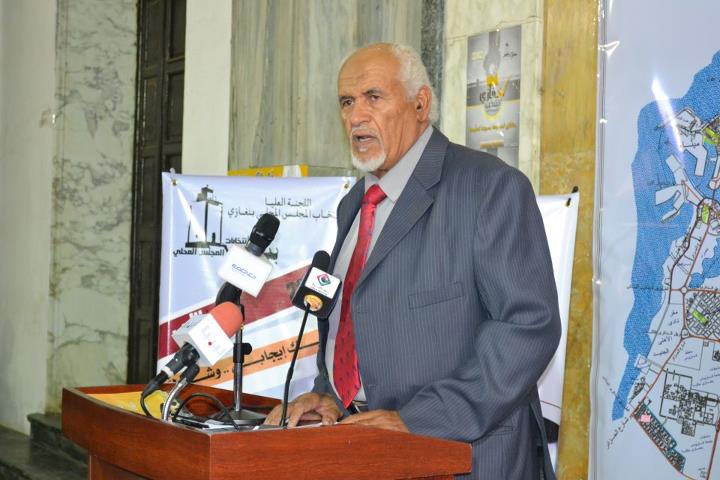By George Grant.
Tripoli, 7 May 2012:
Libya and neighbouring Niger signed a bilateral cooperation accord on Sunday in the fields of security, . . .[restrict]politics, the economy, investment and transport.
The agreement, signed by Foreign Affairs Minister Ashour Ben Khayal and his Nigerien counterpart Mohammed Abuazum Abuazum, marks an important step forwards for the two countries after several months of deteriorating relations. The Libya Herald understands that the accord could pave the way for the repatriation of Saadi Qaddafi, who was granted official asylum in Niger along with a number of other former Qaddafi loyalists in September last year.
“The signing of this agreement will pave the way for the restoration of real relationships and brotherhood between the two countries” said Prime Minister Abdurrahim Al-Kib, who was also present at the signing along with Niger’s Prime Minister Brigi Rafini.

Al-Kib called for especial cooperation on security, in particular with respect to former Qaddafi officials who fled to Niger, adding that collaboration in this area would open the way to more economic integration and political agreement between the two countries.
Until now, the Nigeriens have refused to hand over Saadi Qaddafi and Qaddafi loyalists who have taken sanctuary in their country, citing “humanitarian considerations” and the fear that they would be executed if returned to Libya.
Relations with Niger deteriorated still further on 8 March this year when it was announced that Bashir Saleh Bashir, a former Qaddafi ally and head of the Libyan African Portfolio, had been appointed as an advisor to Nigerien President Mahamadou Issoufou, complete with a diplomatic passport.
The passport was rescinded eight days later, however, following fears that the move would take relations between Libya and Niger to dangerously low levels.
NTC Chairman Mustafa Jalil had warned in February that relations between Libya and neighbouring countries could never be normalised whilst they refused to hand over major Qaddafi figures.
The relationship between Niger and Libya has been particularly fractious ever since it emerged that Nigeriens were amongst mercenaries flown in by Qaddafi to try and suppress last year’s pro-democracy revolution.
The problem of ongoing refugee flows has further complicated relations. For years, migrant workers from Niger, a poverty-stricken country that faces near-annual food shortages, have sought employment in Libya.
Following the outbreak last year’s revolution, however, some 300,000 Nigerien and Chadian migrant workers fled back to their countries of origin, many fearful of reprisals at the hands of Libyans targeting Africans suspected of being pro-Qaddafi mercenaries. A number of the tens of thousands of refugees from Libya who also sought asylum in Niger were reported to have fought for Qaddafi during the war.
In recent days, however, there has been a notable effort on the part of both countries to improve relations. On Friday, Nigerien Prime Minister Rafini arrived in what was seen as a surprise visit to Tripoli. In talks with NTC Chairman Mustafa Abdul-Jalil he discussed a number of issues , including border security and the fate of Saadi Qaddafi.
Yesterday’s accord marks the latest manifestation of this renewed effort to improve relations.
[/restrict]








